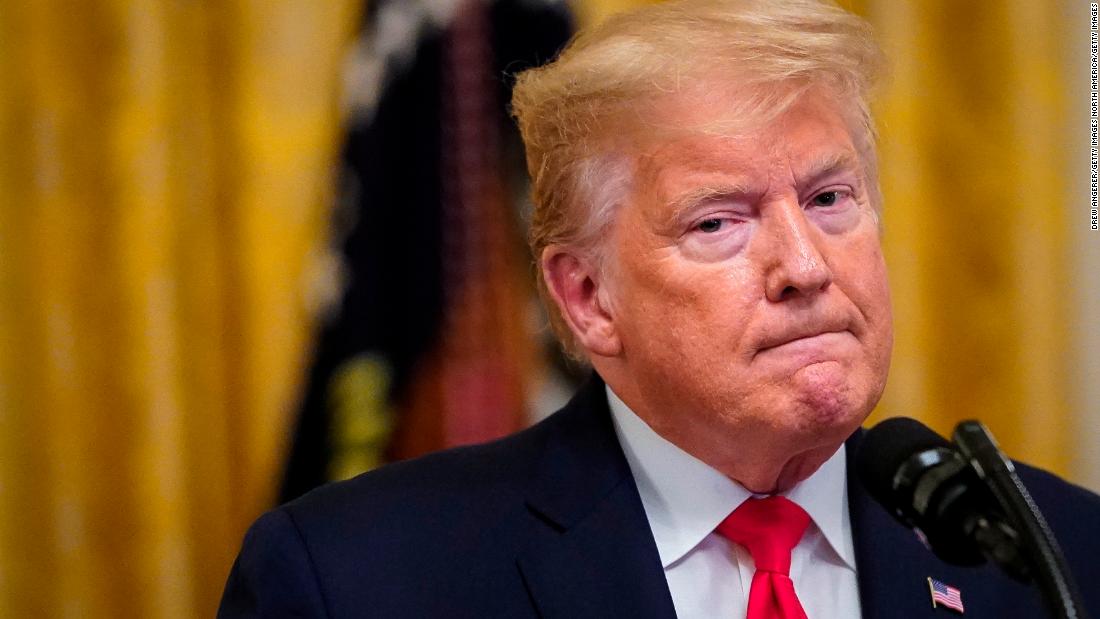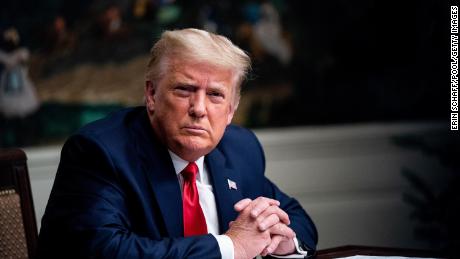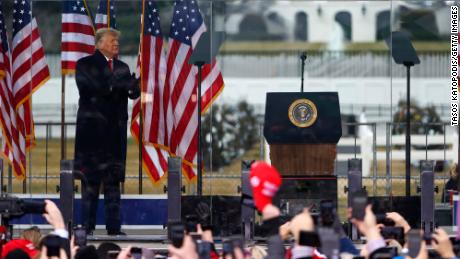Opinion: Trump’s sordid pardons cement his corrupt legacy
Remember, the Founders were focused on restraining the power of the President to ensure he would not turn into a new type of tyrant. That’s why the President’s pardoning power was so hotly debated at the constitutional convention.
But wait, some will say, the Founders did not ultimately enshrine Mason’s warning into the Constitution’s broad final language: “power to grant reprieves and pardons for offenses against the United States, except in cases of impeachment.”
In response, I’ll raise you President James Madison and Alexander Hamilton.
Hamilton also assumed that pardons would be used to address an injustice, at a time when many crimes were punishable by death. As a result, he reasoned that checks and balances on the President’s pardoning power — such as advice and consent from Congress — could result in a literally deadly delay that would deny justice forever.
In this, Hamilton perfectly anticipated the scenario when President Washington offered a pardon for charges of treason brought against the instigators of the Whiskey Rebellion less than a decade later. Mercy secured the public good.
But if President Trump offers a broad pardon or amnesty to his supporters who stormed the US Capitol in an attempted coup on January 6, the prospect of a general pardon would be to reward his supporters for an attack on the government — not to secure the common good. This is the opposite of what the Founders intended.
Which brings us to the final insult: the idea that a President can pardon himself. This is absurd on its face “under the fundamental rule that no one may be a judge in his own case, the president cannot pardon himself.” That was the principle cited by a 1974 Office of Legal Counsel opinion during President Richard Nixon’s politically fatal travails with Watergate. Advocates of the unitary executive might come up with other arguments, but the undeniable logic of the principle still stands. The alternative would put the President above the law and give him the power to legally excuse any tyrannical action he took in office. This was clearly not what the Founders intended.
Speaking of impeachment, it’s clear that the Founders’ assumption that impeachment would be a constraint against abuse of the pardon power was imperfectly thought out. They did not adequately appreciate that Presidents would issue their most controversial pardons on their way out the door, making the prospect of impeachment less of a deterrent to this abuse of power.
Regardless, there clearly is a need for reform of the President’s pardoning power — even if it is to formalize past democratic norms, like the Justice Department signing off on recommendations, which should be based on clemency, not cronyism.
When President Bill Clinton bypassed regular Justice Department channels to pardon financier Marc Rich, there was resounding and repeated outcry from conservative editorial boards — the Wall Street Journal, in particular. But they have been largely silent about Trump’s corrupt abuse of the pardoning power to date. Notably, a then-Senator named Joe Biden was quoted in a February 13, 2001 WSJ editorial as saying it was “totally indefensible.”
The purpose of the pardon is to do justice, not to excuse injustice. Donald Trump, characteristically, seems hell-bent on doing the opposite — to benefit himself. And more sordid pardons on his way out of the White House will only solidify his reputation as the worst and most corrupt President in American history.
![]()






